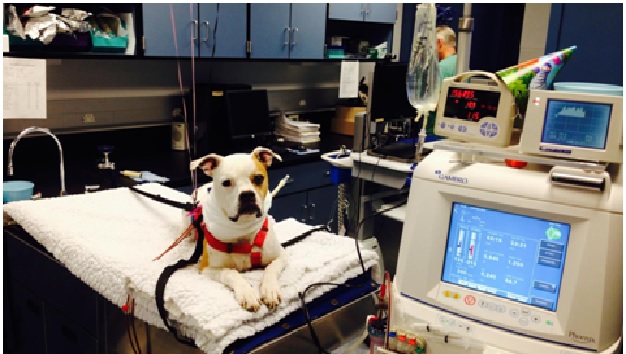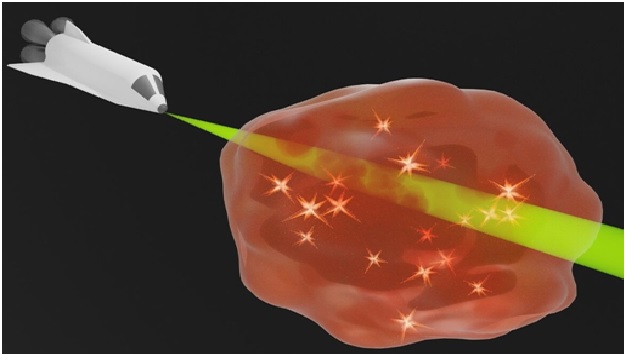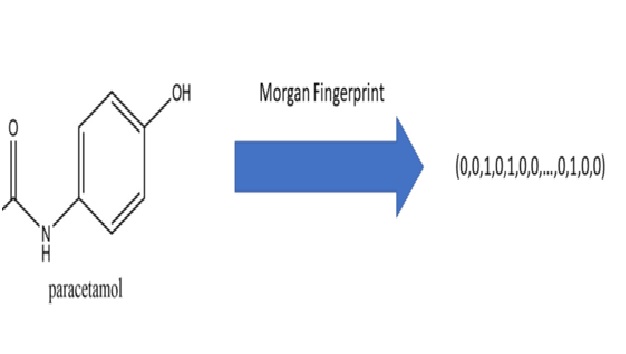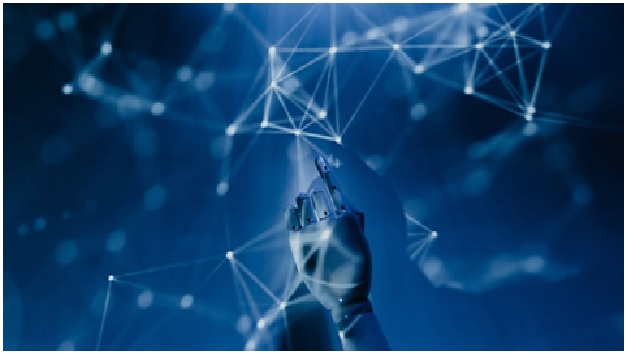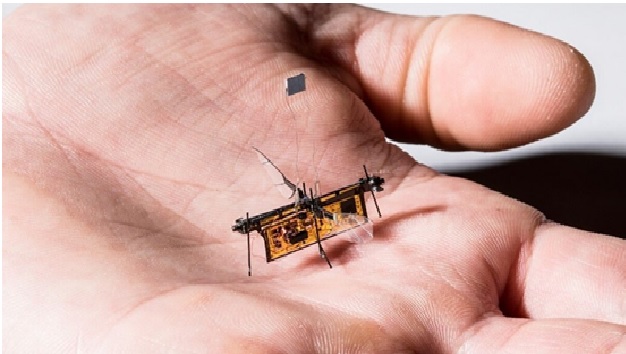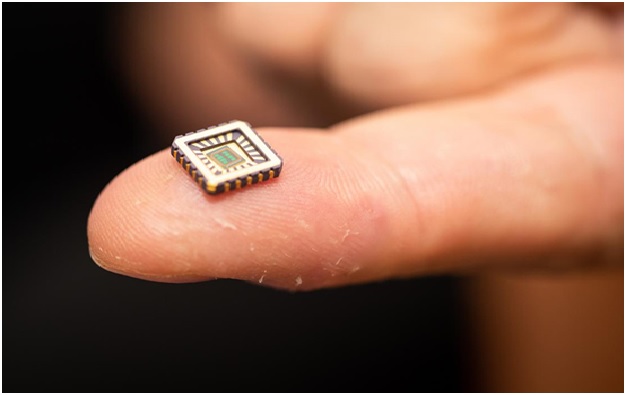Startups Apply Artificial Intelligence to Supply Chain Disruptions
A series of unpredictable situations has disarranged the global supply chains over the period of past two years. The pandemic of COVID-19, the Ukraine war, a container ship sinking in the Sues canal and other unexpected events have delayed the goods deliveries of everything from the smallest like pet food to bicycles.
With all this mismanagement going around the supply chain industry, established logistics companies and a growing group of start-ups have created a multi-billion-dollar industry to apply the latest technology to help businesses reduce disruptions. Companies like Fero Labs, Interos, KlearNow and many others are currently using artificial intelligence and other tools for the swift movement of the customers and manufacturers to supplier overpopulation, monitoring the availability of the raw material and ways to get through the administrative tasks for the cross-border trade. [1]
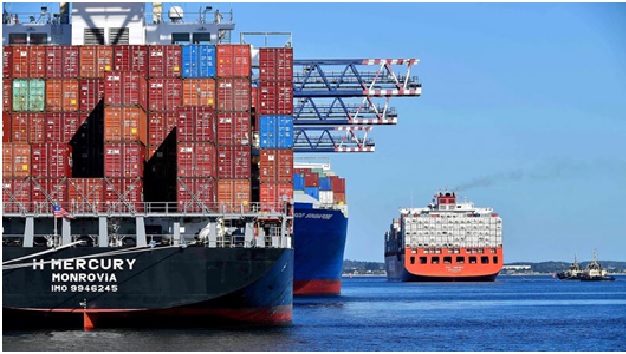
Figure 1. Startups Apply Artificial Intelligence to Supply Chain Disruptions
Figure 1 shows the market for new technology services focused on supply chains could be worth more than $20 billion a year in the next five years, analysts told Reuters. By 2025, more than 95% of new supply chain applications will use artificial intelligence and data science in some way, according to tech research firm Gartner.
Interos, valued at more than $1 billion in its latest funding round, is one of the most successful in the nascent market. The Arlington, Virginia-based company says it has mapped out 400 million businesses globally and uses machine learning to monitor them on behalf of corporate customers, alerting them immediately when fire, flood, hacking or any other event causes a potential disruption. [2]
Before Russian tanks rolled into Ukraine in February, the company assessed the impact of the invasion. Interos said it has identified about 500 US firms with direct supplier relationships with companies in Ukraine. Further down the chain Interos found that 20,000 US firms had relationships with second-tier suppliers in Ukraine and 100,000 US firms had relationships with third-tier suppliers. [3]
U.S. airline Delta Air Strains Inc, which spends greater than $7 billion a 12 months on catering, uniforms and different items on prime of its airplane and gas funds, is one firm utilizing Interos to maintain observe of its 600 major suppliers and eight,000 complete suppliers.
“We’re not anticipating to keep away from the following disaster,” mentioned Heather Ostis, Delta’s provide chain chief. “However we’re anticipating to be much more environment friendly and efficient than our opponents in how we assess threat when that occurs.” [4]
References:
- https://transreporter.com/2022/05/05/startups-apply-artificial-intelligence-to-supply-chain-disruptions/
- https://www.carandbike.com/news/startups-apply-artificial-intelligence-to-supply-chain-disruptions-3017485
- https://news.bharattimes.co.in/startups-apply-artificial-intelligence-to-supply-chain-disruptions-2/
- https://colorsofindia.media/world/japan/startups-apply-artificial-intelligence-to-supply-chain-disruptions/
Cite this article:
Thanusri swetha J (2022), Startups Apply Artificial Intelligence to Supply Chain Disruptions, AnaTechMaz, pp. 91




